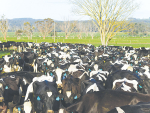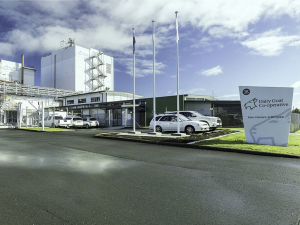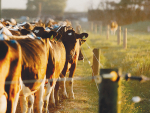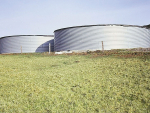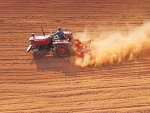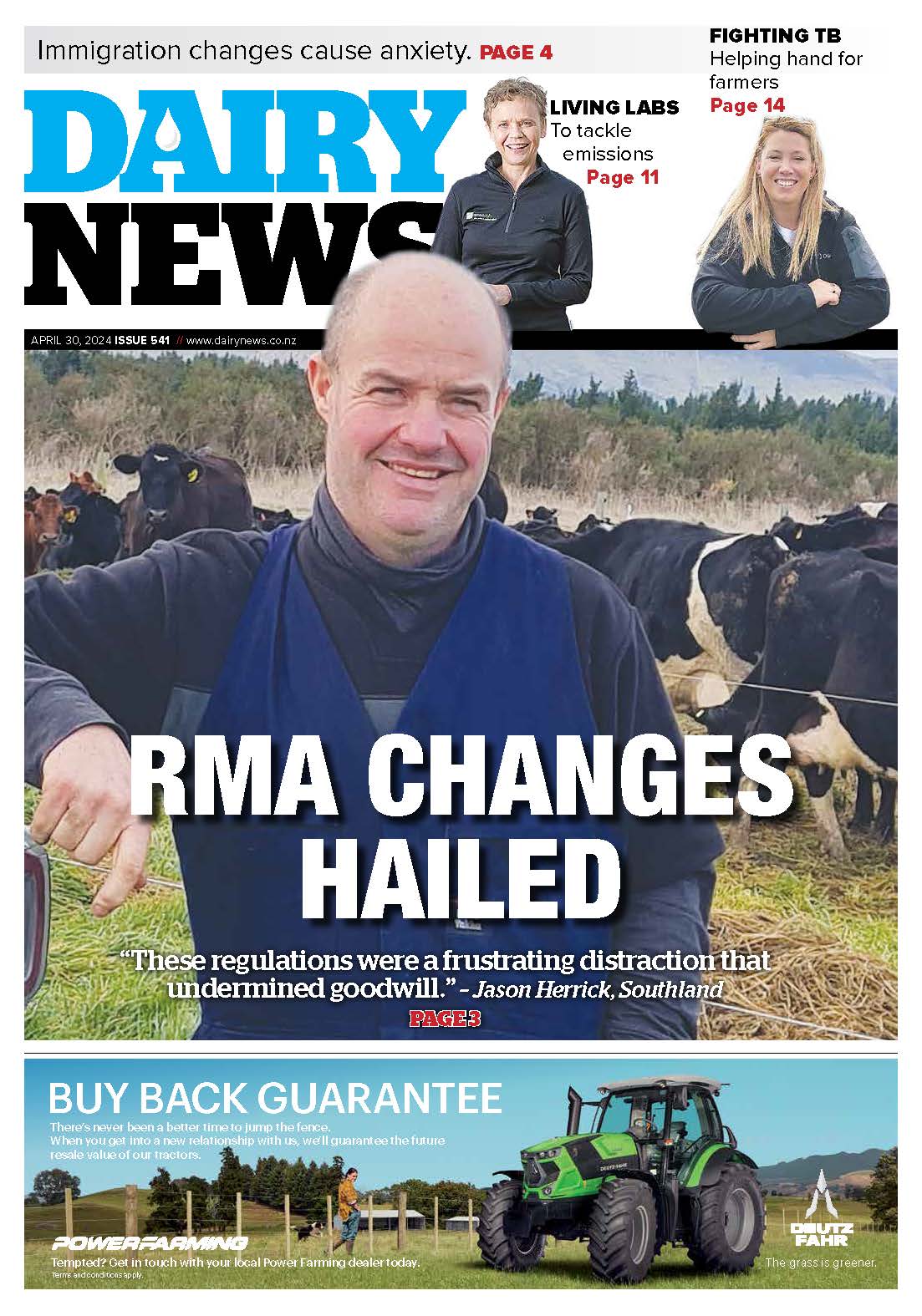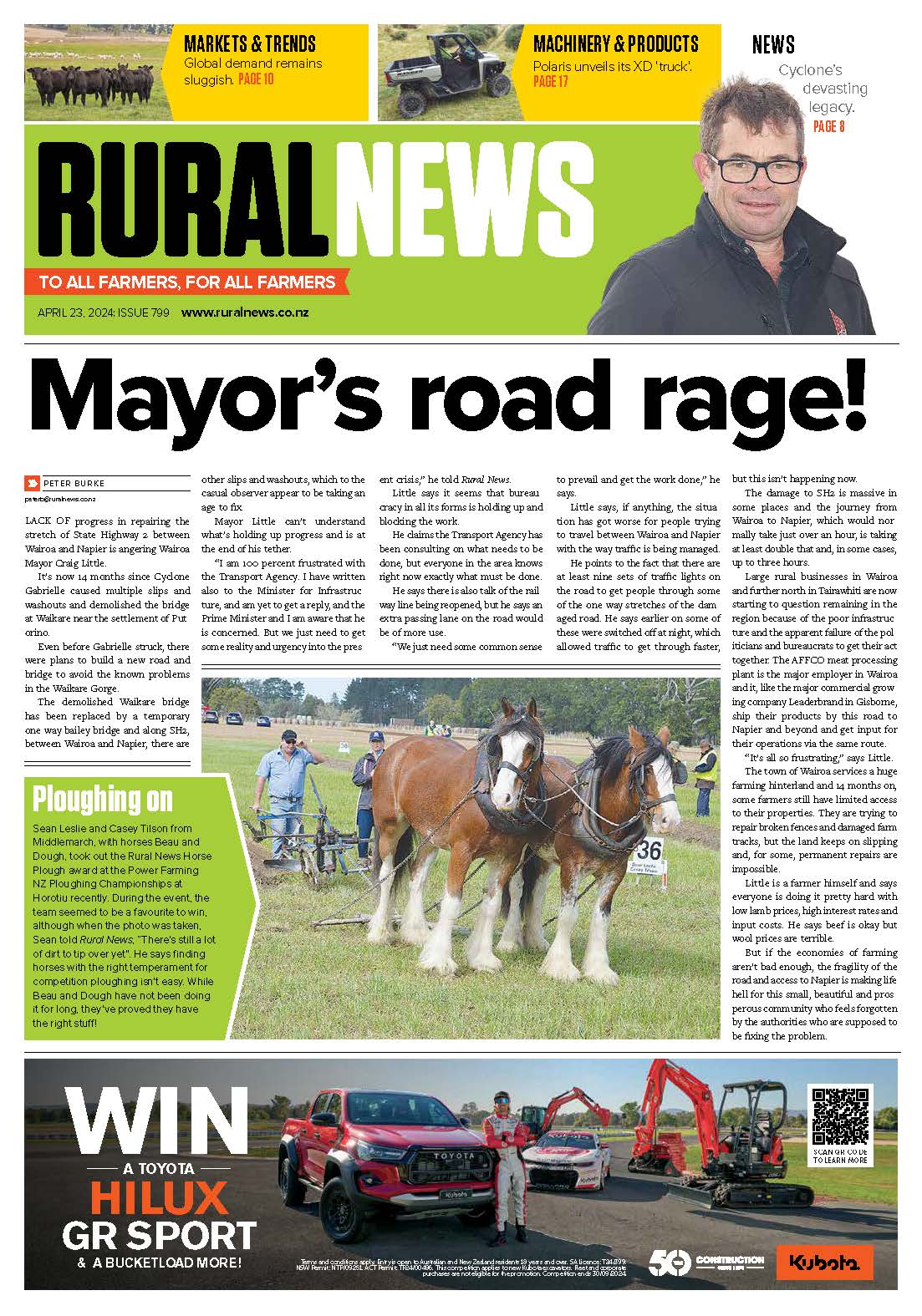We might harp on about the increasing volatility and interconnectedness of commodity trends and forces.
But these days the commodities affecting the short-term outlook for dairy markets aren’t simply those related to farm inputs or competing foods such as palm oil and soybeans.
The bigger arm-wrestles being played out – and affecting the $A return for dairy exports – are in oil and iron ore.
The price of crude oil sank like a stone between July 2014 and February this year after the OPEC cartel (12 countries that control 80% of oil production) colluded in lifting production, creating an over-supply to flatten prices and try to run higher-cost oil producers out of business. OPEC hopes to reverse the US moves towards energy self-sufficiency and push it back towards greater import dependence.
How has oil knocked onto the dairy market? At first glance it looks like good news: in theory it cuts the cost of fuel onfarm, and the cost of freight.
In the US, cheaper oil has a double-edge effect but the jury is out on the result. When ethanol is less attractive at lower fuel prices, it creates a glut in feed supply, cuts the value of corn and soybeans in global trade and keeps a lid on world feed grain prices. Only weather can mess things up after that.
Lower feed costs flow into better margins for US milk producers and sustain a better rate of output growth. But lower fuels prices should also mean more people drive out to family restaurants and eat more cheese! Indeed, foodservice sales in the US are booming right now.
But if you step back further this isn’t playing out so well, and in fact is giving a push to the imbalance in global dairy markets. Most of those big high-cost oil producers are important dairy importers that are fairly sensitive to prices. This summary, produced by the Wall Street Journal paints the stark reality.
In 2013, the combined markets of Russia, Venezuela and the Middle East North Africa (MENA) region were critical to dairy trade. The losses in oil margin are helping break the Russian economy, already deep in rancid brown stuff from the effects of Western sanctions over its foray into the Crimea. Some speculate that the Russian dairy import embargo might end in a few months, but the poor financial situation and weak rouble means traders have no money to buy product; either way imports are not an option.
Venezuela was, a few years ago, a market for 200,000 tonnes of whole milk powder. But it got into strife before oil crashed, so a recovery in that once-huge powder market would be a miracle at current oil prices.
Algeria, the largest MENA importer, is a critical market for the EU and New Zealand, especially since Russia and China have taken a breather.
Dairy exporters are now anxiously watching it and other MENA markets to see how long before the slump in oil starts to cut into consumer spending and import volumes.
Oil prices have cautiously drifted up since their bottoming in lower than $A50/barrel in late January and have peeped over $A60, while most forecasters suggest it won’t pass $A70/barrel by the end of the year. This game has some way to play out unless OPEC blinks.
While the oil game is being managed by big suppliers, the other big game playing out is being managed by a key buyer.
What has emerged more clearly in recent weeks is how China is seeking to take major steps to lock in a lower-cost supply of iron ore to fund the next stages of nation-building, i.e. projects to build vast shiny towers of steel that will hopefully stabilise economic growth and stimulate better consumer spending. Not all of the supposed next round of stimulus spending needs doing at home. China’s investment leaders have reckoned that by putting capital into a number of overseas iron ore producers in South America and by possibly rescuing Twiggy and Fortescue, it can keep supplies flowing, competition healthy and prices down – and in fact save much more money in buying the next slew of iron ore.
Money markets have long emphasised mineral commodities as a key driver of Australian fortunes, hence the value of the $A has tracked the falling value of iron ore closely after shipments to China slowed. The oversupplied iron ore market has helped pull the value of the $A down, at a crucial time given the oversupplied dairy market.
If a $A6/kgMS milk price is going to be a reality next year, the iron ore game needs to keep running, and the game in oil probably needs to change direction. Oh, and China’s stimulus should get going to spur more milk consumption.
• Steve Spencer is a director of Freshagenda, a Melbourne consulting and analysis firm.







